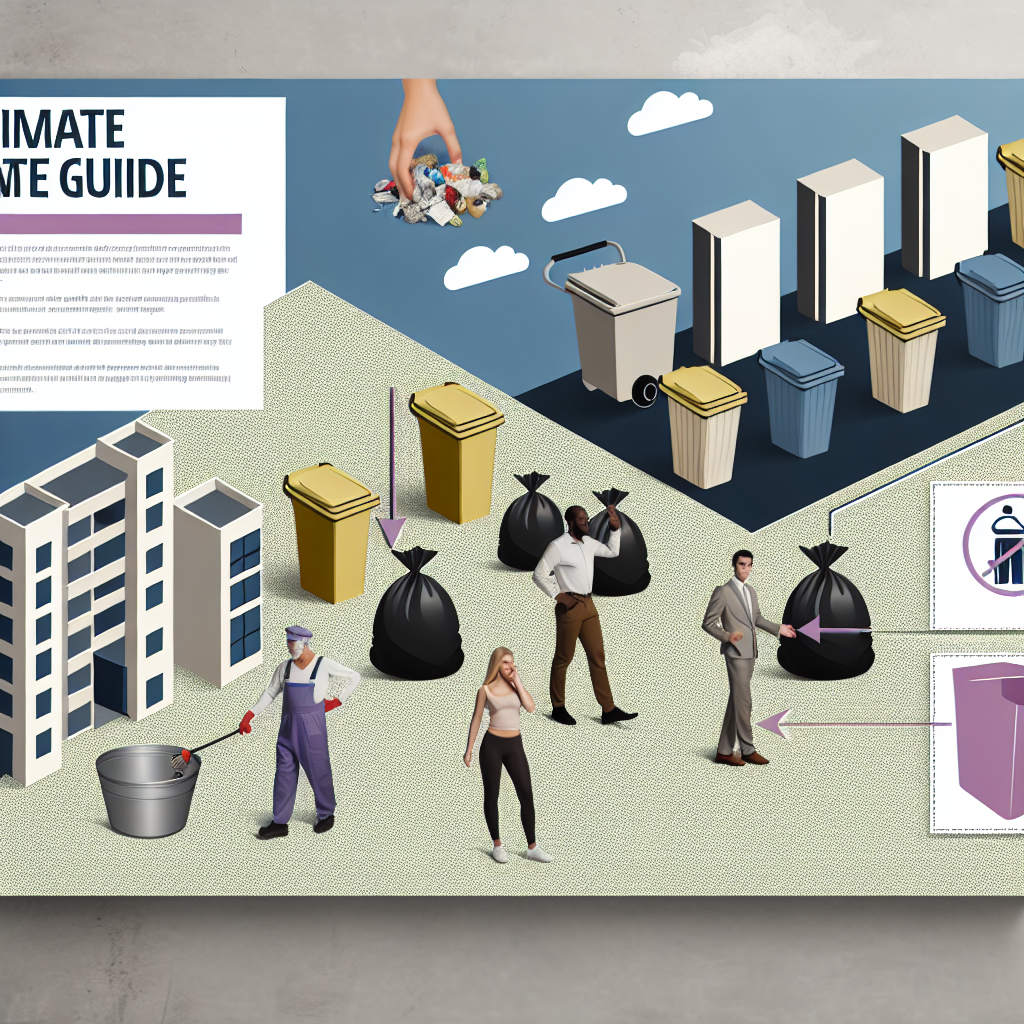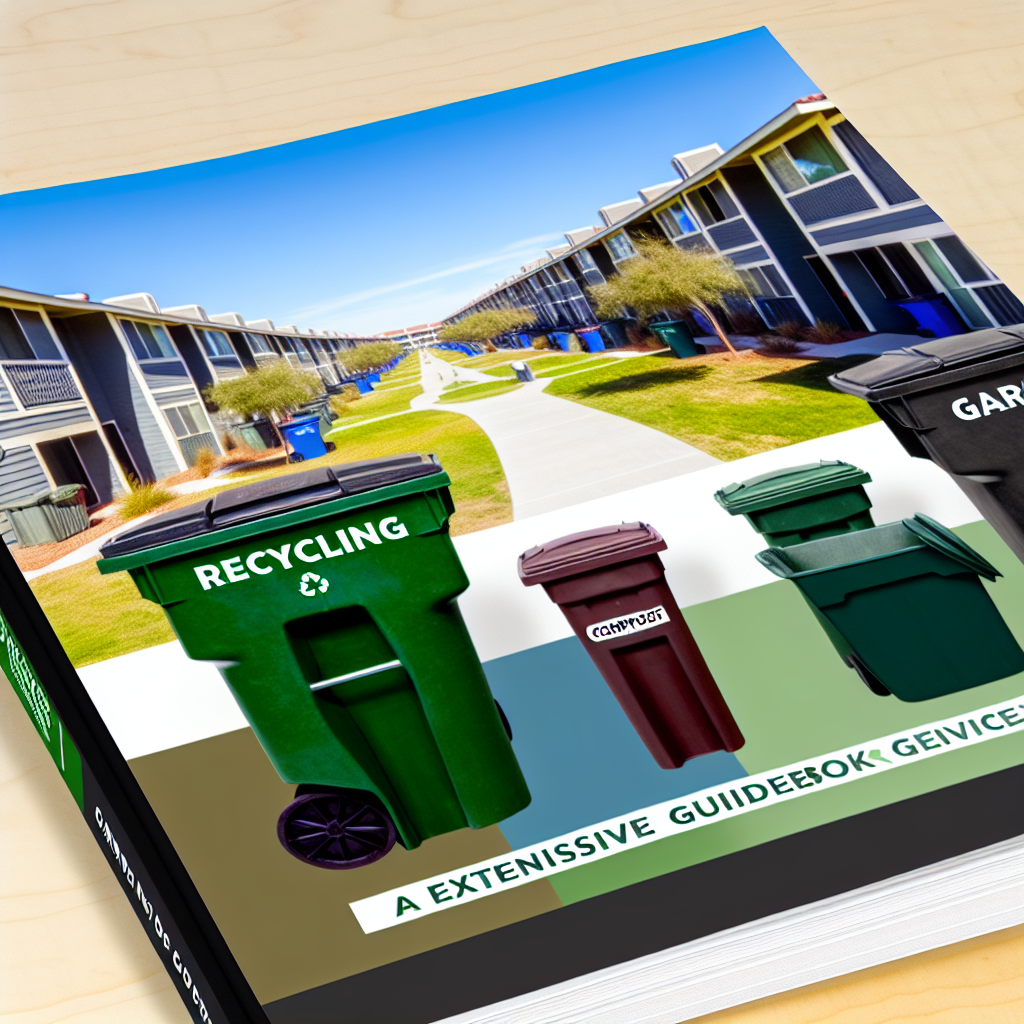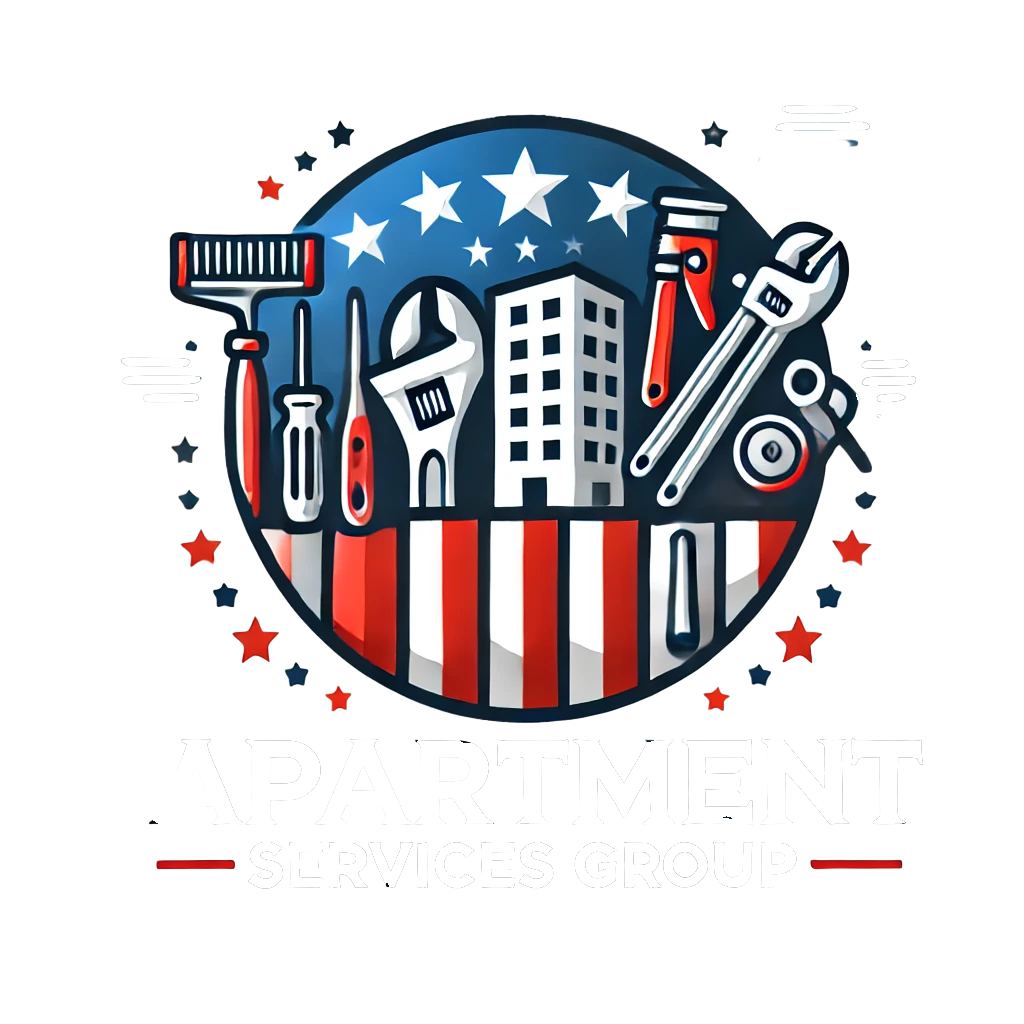How To Optimize Apartment Trash Services For Better Waste Management
Efficient trash removal is a crucial aspect of maintaining cleanliness, hygiene, and overall livability in any apartment setting. As urban living continues to grow in popularity, the need for optimized waste management systems within apartment complexes becomes increasingly important. To achieve this, residents and property managers must work collaboratively to implement strategies that streamline trash services while promoting environmental responsibility.
The first step in optimizing apartment trash services is to assess the current waste management system in place. This includes evaluating the frequency of trash collection, the location and accessibility of disposal areas, and the types of waste being generated. By identifying inefficiencies—such as overflowing bins, inconvenient drop-off points, or inadequate recycling options—residents and managers can begin to formulate targeted improvements. For instance, if trash bins are consistently full before the scheduled pickup, increasing the frequency of collection or adding more containers may be necessary.
Once the existing system has been evaluated, the next consideration should be the segregation of waste. Proper separation of recyclables, organic waste, and general trash not only reduces the volume of landfill-bound garbage but also supports local recycling initiatives. To facilitate this, apartment complexes should provide clearly labeled bins for different waste types and ensure that residents are educated on what materials belong in each category. Educational signage, community newsletters, or digital communication platforms can be effective tools for spreading awareness and encouraging compliance.
In addition to waste segregation, the physical layout of trash disposal areas plays a significant role in the efficiency of the system. Ideally, trash and recycling stations should be conveniently located on each floor or in centralized areas that are easily accessible to all residents. These stations should be well-lit, clean, and regularly maintained to encourage proper usage. Furthermore, implementing secure enclosures or designated rooms for waste storage can help prevent issues such as pest infestations, unpleasant odors, and unauthorized dumping.
Technology can also be leveraged to enhance apartment waste management. Smart waste bins equipped with sensors can monitor fill levels and notify maintenance staff when collection is needed, thereby preventing overflow and reducing unnecessary pickups. Additionally, mobile apps can be used to remind residents of collection schedules, provide recycling tips, and report issues related to trash disposal. These digital solutions not only improve operational efficiency but also foster a sense of community involvement in maintaining a clean living environment.
Another important aspect to consider is the role of property management in enforcing waste policies. Clear guidelines regarding trash disposal should be included in lease agreements and reinforced through regular communication. Penalties for non-compliance, such as fines for improper disposal or failure to recycle, can serve as deterrents and promote responsible behavior among residents. At the same time, offering incentives—such as rewards for consistent recycling or participation in community clean-up events—can further encourage positive engagement.
Ultimately, optimizing apartment trash services requires a multifaceted approach that combines infrastructure improvements, resident education, technological integration, and proactive management. By taking these steps, apartment communities can significantly enhance their waste management practices, leading to cleaner, more sustainable living environments for all residents.
Top Strategies For Bulk Trash Removal To Maintain Property Cleanliness

Maintaining cleanliness in an apartment complex requires a well-organized approach to trash removal, particularly when it comes to handling bulk waste. Bulk trash, which includes large items such as furniture, appliances, and construction debris, can quickly accumulate and create unsightly conditions if not managed properly. To ensure a clean and orderly environment, property managers and residents alike must adopt effective strategies for bulk trash removal.
One of the most important steps in managing bulk waste is establishing a clear and consistent removal schedule. Regularly scheduled pickups help prevent the buildup of large items in common areas, which can not only detract from the property’s appearance but also pose safety hazards. Coordinating with a reliable waste management service that offers bulk item collection is essential. These services often provide flexible scheduling options and can accommodate varying volumes of waste, making them a practical solution for apartment communities of all sizes.
In addition to scheduling, communication plays a vital role in maintaining cleanliness. Residents should be informed about the proper procedures for disposing of bulk items. This includes providing guidelines on what constitutes bulk trash, where to place items for pickup, and when to do so. Clear signage in designated disposal areas and regular reminders through newsletters or digital platforms can reinforce these expectations. When residents understand their responsibilities, they are more likely to comply, reducing the likelihood of improper disposal.
Another effective strategy involves creating designated bulk waste drop-off zones within the property. These areas should be easily accessible yet discreetly located to minimize visual impact. By centralizing bulk waste disposal, property managers can monitor the volume and types of items being discarded, allowing for more efficient coordination with removal services. Furthermore, these zones can be equipped with surveillance or access controls to discourage illegal dumping by non-residents, which is a common issue in multi-unit dwellings.
To further enhance efficiency, property managers may consider implementing a reservation or request system for bulk item pickups. This approach allows residents to schedule individual pickups for large items, ensuring that waste is removed promptly and does not linger in shared spaces. Such systems can be managed through online portals or mobile apps, streamlining the process and improving accountability.
Recycling and donation programs also contribute significantly to effective bulk trash management. Encouraging residents to donate usable items to local charities or participate in community swap events can reduce the volume of waste requiring disposal. Additionally, partnering with recycling services for items like electronics, mattresses, and metal furniture not only supports environmental sustainability but also helps maintain a cleaner property.
Finally, regular inspections and maintenance are crucial to identifying and addressing bulk waste issues before they escalate. Property staff should routinely check common areas and disposal zones to ensure compliance with established guidelines. Prompt removal of unauthorized or improperly placed items reinforces community standards and deters future violations.
By integrating these strategies—consistent scheduling, clear communication, designated disposal zones, resident engagement, recycling initiatives, and proactive oversight—apartment communities can effectively manage bulk trash removal. This comprehensive approach not only preserves the cleanliness and appeal of the property but also fosters a sense of responsibility and cooperation among residents.
Apartment Garbage Pickup Tips To Improve Community Hygiene And Junk Removal
Maintaining a clean and hygienic living environment in an apartment complex requires a well-organized and efficient trash removal system. Proper garbage pickup not only enhances the aesthetic appeal of the community but also plays a crucial role in promoting public health and safety. To achieve this, residents and property managers must work together to implement effective strategies that streamline waste disposal and encourage responsible habits among tenants.
One of the first steps in setting up efficient trash removal is to establish a clear and consistent schedule for garbage pickup. Regular collection times help prevent the accumulation of waste, which can attract pests and create unpleasant odors. Property managers should coordinate with local waste management services to determine the most suitable pickup frequency based on the size of the complex and the volume of waste generated. Communicating this schedule to all residents through notices, emails, or community bulletin boards ensures that everyone is aware of when and where to dispose of their trash.
In addition to scheduling, the placement and accessibility of trash disposal areas significantly impact the effectiveness of garbage removal. Designated trash rooms or outdoor bins should be conveniently located throughout the property to encourage proper use. These areas must be well-maintained, adequately lit, and clearly labeled to prevent confusion and misuse. Providing separate containers for recyclables, organic waste, and general trash can further improve waste management by promoting environmentally friendly practices and reducing the burden on landfills.
Equally important is educating residents about proper waste disposal procedures. Hosting informational sessions or distributing guidelines can help tenants understand what materials are acceptable for disposal, how to sort recyclables, and the importance of sealing garbage bags to minimize leaks and odors. Encouraging residents to break down large boxes and avoid overfilling bins can also contribute to a more efficient system. When everyone follows the same rules, the community benefits from a cleaner and more organized environment.
To further enhance hygiene and junk removal, property managers may consider implementing additional services such as bulk item pickup or seasonal clean-up days. These initiatives provide residents with opportunities to dispose of large or unwanted items that may not fit in standard bins, such as furniture or appliances. By offering these services on a scheduled basis, the community can prevent illegal dumping and maintain a tidy appearance throughout the year.
Moreover, regular inspections of trash disposal areas can help identify issues before they escalate. Property staff should monitor for signs of overflowing bins, improper sorting, or damage to containers. Promptly addressing these concerns not only maintains cleanliness but also demonstrates a commitment to resident well-being. In cases where persistent problems arise, it may be necessary to revise policies or introduce penalties for non-compliance to ensure accountability.
Ultimately, efficient trash removal in an apartment setting hinges on a combination of strategic planning, resident cooperation, and ongoing maintenance. By fostering a culture of cleanliness and responsibility, apartment communities can significantly improve hygiene standards and create a more pleasant living environment for all. Through thoughtful implementation of these tips, both property managers and residents can contribute to a sustainable and well-managed waste disposal system.
Take control of your living space—set up efficient trash removal in your apartment today for a cleaner, more organized home. Get a free quote now.






